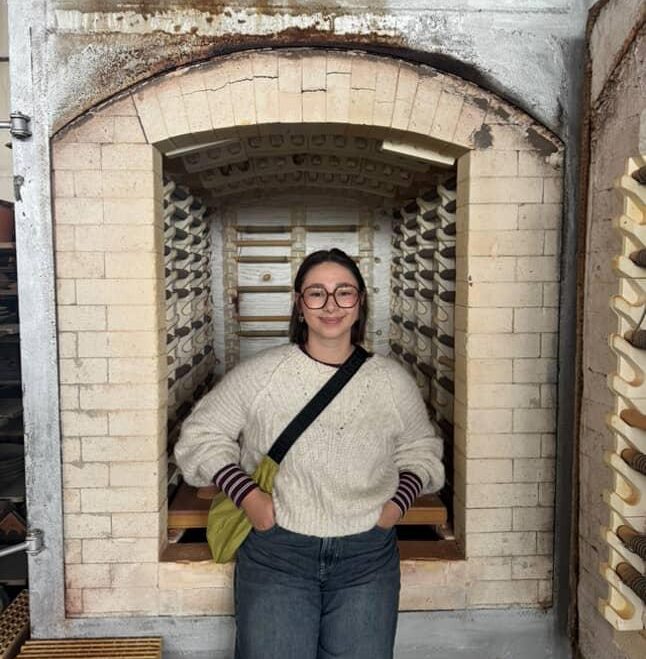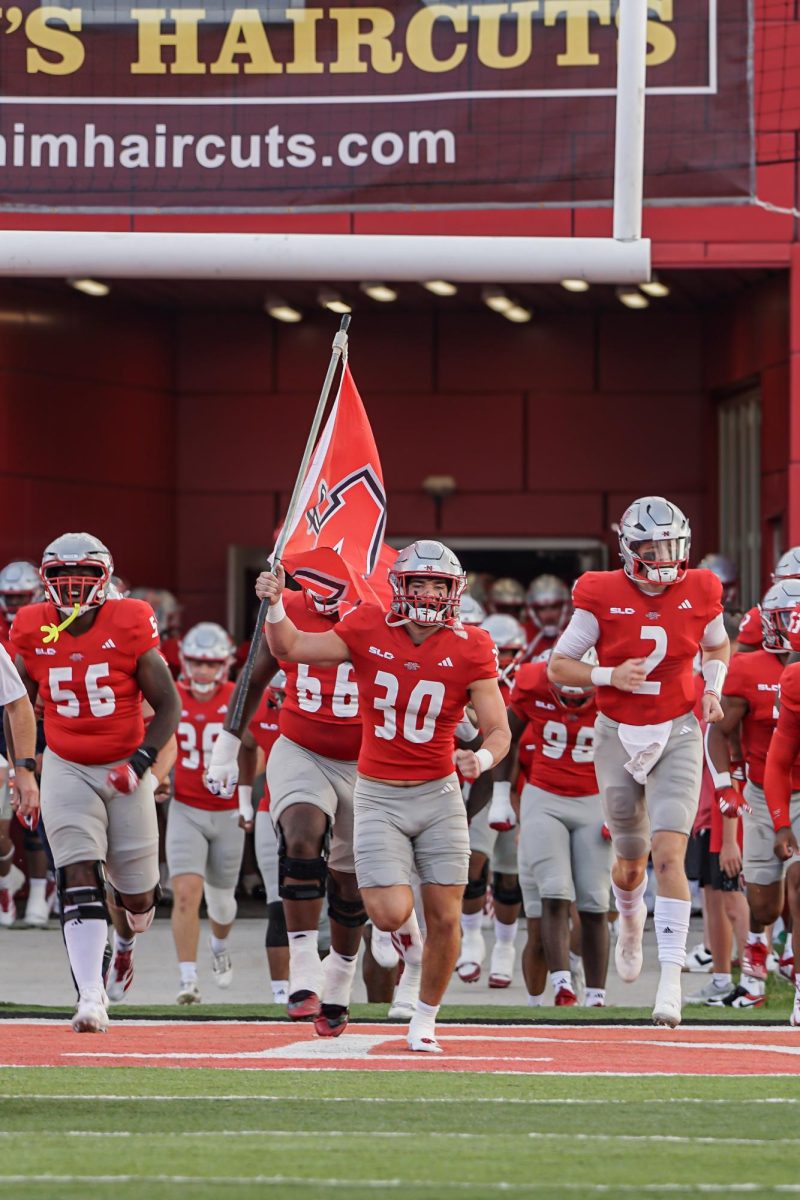“Build it and they will come,” Gary LaFleur Jr., associate professor of biological sciences said about the expansion of the Department of Biological Sciences Graduate Program.
When Marilyn Kilgen, Alcee Fortier professor and distinguished service professor of biological sciences, established the master’s program, the faculty was unsure of how successful it would be.
“We did not know for sure. We were going on faith solely,” LaFleur said. “In 15 years, the faculty did not really know they would attract students from out of state.”
LaFleur said that the department does not travel the country to recruit students to the program, which currently has students from states as far away as Minnesota and Washington.
The program looks at students’ GRE scores and requires them to pick a faculty mentor. Students also have to be accepted into a lab.
“Being accepted into a lab is kind of like being asked to be adopted,” LaFleur said.
The master’s program consists of 12 graduate faculties. Students have access to five state-of-the-art laboratories, local swamps, marshes and waterways. The Louisiana Universities Marine Consortium (LUMCON) facilitiy also offers students abundant opportunities to complete lab and field research.
According to the biology graduate program Web site, graduate students also have access to two different assistantships, graduate teaching or graduate research.
A graduate with a teaching assistantship will work 20 hours a week to assist with and teach freshmen labs. Graduate’s with a research assistantship work with a faculty member on a research project.
The three-year master’s program has concentrations in marine and environmental biology. Students are required to complete classes and a thesis. Students usually take classes for two years and spend a year on a thesis.
“Students can get some of the research for the thesis while taking classes, but students will not get down to the meat and potatoes until they can fully focus on the project,” LaFleur said.
During the semester, classes are lecture and lab. Students are required to complete separate research projects from their thesis. Students pick a topic that fits into a program with a single professor.
“Students should pick their own topic. We do not want to tell students what to do. We want students to tell us,” LaFleur said.
LaFleur said not all topics can be studied in a classroom setting alone.
“Important topics such as marine biology are best studied in the real world classroom.”
This real world classroom allows students to have an advantage in their first job, LaFleur said.
“The program is an innovative and vital program.”













